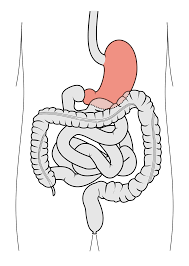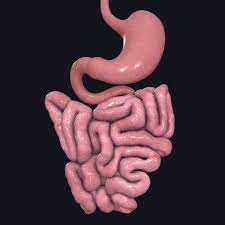Overcoming the Mental Health Stigma
- Aug 21, 2022
- 2 min read
In the modern era, there are a plethora of treatments that are being developed for various physical issues. For example, scientists have been working on Covid-19 vaccines, preventing further spread of Monkeypox, curing cancer, and more. While these studies should not be undermined, it is vital to consider the severity of mental health as well.
Over 50% of adults seek mental help at least once in their lifetime, yet a stigma remains where those in society feel shunned or ignored for their issues. Even though experiencing struggles in one’s life is normal, society has come to believe that mental issues are abnormal and those who have them are animals. Especially coming freshly out of a pandemic, many people have experienced feelings of depression, anxiety, and loss when losing family members and being locked up. Overcoming such obstacles is difficult for individuals as people choose not to open up about their internal struggles.

Considering the fact that individuals usually suffering with these issues are discouraged to seek help by their closest friends or family, allows one to think about how society has evolved. Rather than motivating them to reach out to therapists or receive treatments, they are actually discouraged in leading a happy life. They feel like there is an abnormality within them, and should not even bother to fix it. People tend to think that those with mental illnesses are violent or can pose a threat if one is to hang around near them. In reality, they just need the comfort and support of others which aids in understanding that they are not alone. Usually, 9 out of 10 people with mental health issues feel this stigma and face discrimination in all aspects of their life. With such discrimination makes it difficult for people to find work, be in relationships, and be included in the mainstream of society.
Facing a stigma can range from hurtful language to mental or physical abuse. This affects people even more, making it even more difficult to overcome their issues. Some of the effects with a stigma may include, negative beliefs, social isolation, lowered self esteem, shame, hopelessness, worsened symptoms, unemployment, and discrimination in all environments.
It is vital to increase the public awareness of these background problems, so that society may comprehend how this issue is affecting millions of people around the world. Furthermore, it is crucial to advocate when seeing people suffer with these issues in the day to day setting as it will always help them. Understanding that these are normal issues, and must be prioritized for the well being of all is the only way change may occur. We believe that supporting one another during their difficult times must be taken as priority as a proper mental health is equally important as a good physical health. Taking it one step at a time, and doing things as simple as preventing discrimination in the work environment can change people’s lives. It is with these smaller changes, that bigger changes occur and the world may evolve into a happier place.



Comments